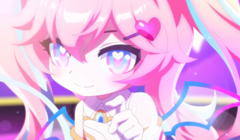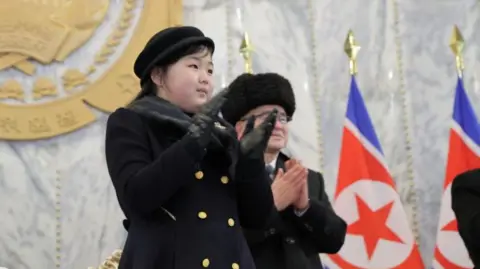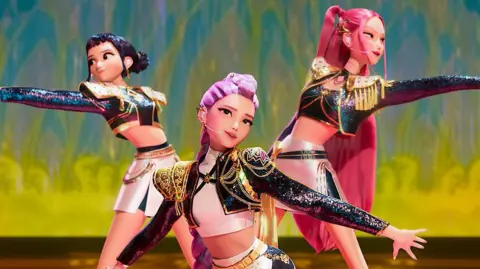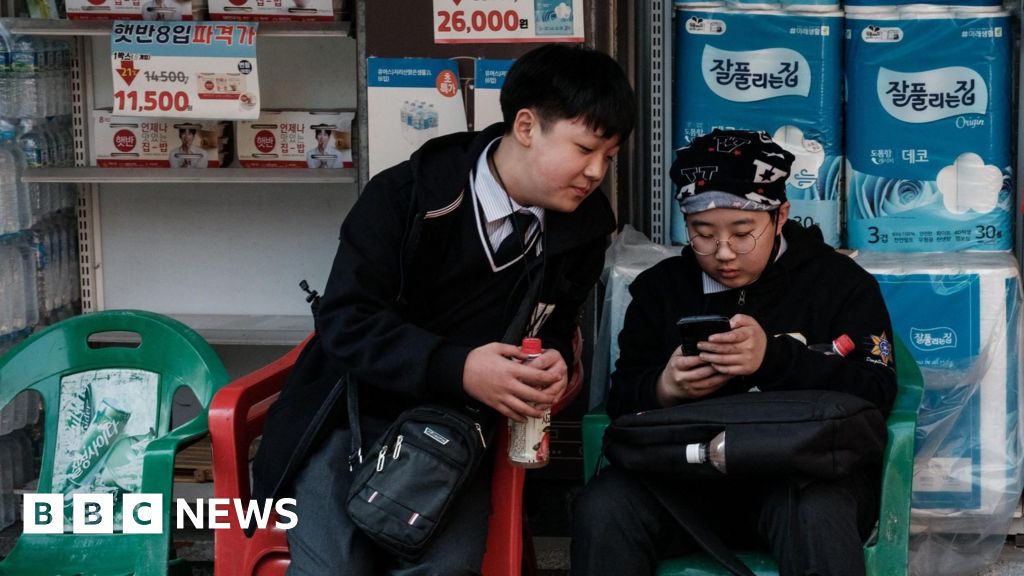In a quiet studio apartment in South Korea, designer Darim experienced a shocking fallout after her animation studio unveiled a new character for MapleStory, a top video game. What should have been a moment of pride rapidly morphed into one of terror as thousands of male gamers unleashed torrents of abusive messages against her. The trigger: a single frame in the trailer depicting a gesture that these individuals interpreted as a feminist insult, tapping into a long-held cultural grievance regarding gender dynamics in the country.
Darim posted her trailer late at night, only to soon be inundated with threats of violence, including messages that hinted at death and sexual assault. This reaction stemmed from a hand gesture used by a derided feminist group a decade prior, which triggered male gamers who viewed the animation as an affront to masculinity. "You've just sabotaged your job," read one of the myriad of distressing replies that filled her social media notifications.
In a harrowing twist, Darim's studio fell victim to this wave of outrage, resulting in a swift removal of the promotional video and an internal panic about the potential fallout for her career. Threads of harassment targeting women in gaming have proliferated into a dangerous trend—men seeking to undermine women's positions within the workforce often labeling them as "man-haters."
Despite the onslaught of threats, Darim remains innocent of any feminist affiliation. Minsung Kim, a proactive male gamer concerned about the hostile environment, has formed an organization aimed at safeguarding women facing such persecution. His activism underscores an ongoing societal battle between traditional misogyny and emerging feminist movements striving for equality, revealed later in the accounts of numerous women forced to recalibrate their identities to evade backlash.
The fears instigated by the witch hunts are palpable within South Korea's gaming sector, and the scenarios that play out in an online context have disturbingly seeped into real-life violence. Jigu—a young woman attacked by a man who believed she represented feminist ideals solely based on her short hair—serves as a grievous reminder of the extremities that misogyny can manifest.
This climate of fear and intimidation reflects the superiority complex held by young men who feel their societal roles are diminishing as women's voices become increasingly pronounced. As feminist activism gained prominence following movements against sexual violence, many men felt threatened, perceiving the shift as a loss of dominance.
Yet, while the societal backlash has become entrenched, the inertia faced by women is disheartening. A 2024 IPSOS poll highlights this shift, revealing that only 24% of women identify as feminists, a drop from previous years—indicating a growing aversion to vocalizing feminist beliefs due to the dangers this may entail.
Amid these challenges, reform is decidedly necessary, propelling advocates and organizations to brainstorm legal changes aimed at reinforcing protections against discrimination and harassment. The current absence of comprehensive anti-discrimination laws exacerbates women's vulnerability in various facets of life, including workplace and personal safety.
Activists emphasize the need for corporate and governmental structures to openly combat the growing power of the witch hunters, to break their influence over society, and to create an environment where women's rights are not merely tolerated but celebrated. The shift towards reclaiming the narrative lies not just with female advocates but within a broader societal understanding of gender equality's paramount importance.



















